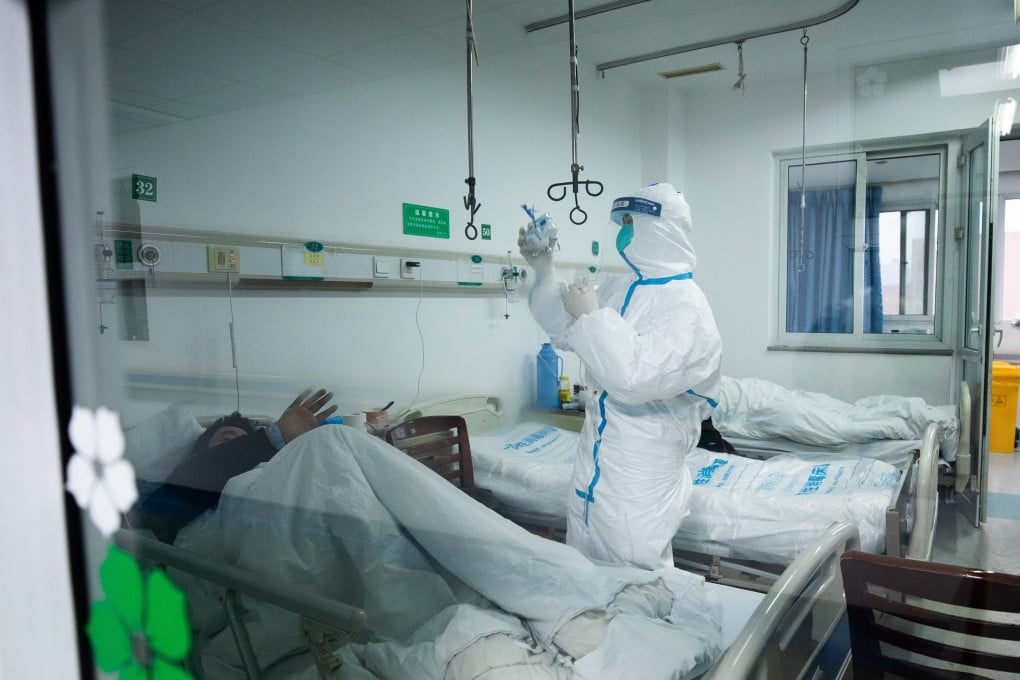China’s anti-corruption watchdog finds public hospitals vulnerable to graft and bribery
- Guangxi discipline inspection and supervision commission investigated over 4,000 cases in the medical and health care system in 2016-20
- More transparent supply pricing and bidding processes would help track corruption, says integrity researcher

In February 2017 Zhou Fang, then president of Laibin People’s Hospital in southern Guangxi, was kidnapped by a local health commission official and two accomplices who claimed to be from the party disciplinary watchdog.
They believed Zhou was taking bribes and forced him to write a statement admitting to wrongdoing and pay them 100,000 yuan (US$15,500) before being released.
Zhou was officially investigated a year after his kidnapping and found to have taken bribes of more than 18.1 million yuan between 2003 and 2018. He was also found to have 9.39 million yuan in assets that could not be accounted for.
Between 2016 and 2020, the discipline inspection and supervision commission in Guangxi alone investigated more than 4,000 cases in the medical and health care system, including about 2,500 cases involving hospitals of different levels. The party members investigated generally took advantage of their posts for personal gain when buying medical equipment, drugs and medical supplies, according to the CCDI statement.